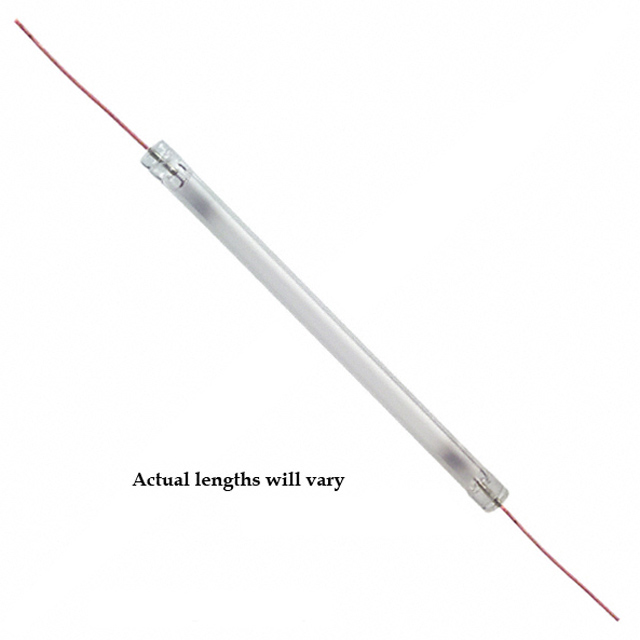Features: • Meets or Exceeds EIA Standard 535BAAC
• Taped and Reeled per EIA 481-1
• Symmetrical, Compliant Terminations
• Optional Gold-plated Terminations
• Laser-marked Case
• 100% Surge current test on C, D, E, U, V, X sizes
• Halogen Free Epoxy
• Capacitance: 0.1 F to 1000 F RES
• Meets or Exceeds EIA Standard 535BAAC
• Taped and Reeled per EIA 481-1
• Symmetrical, Compliant Terminations
• Optional Gold-plated Terminations
• Laser-marked Case
• 100% Surge current test on C, D, E, U, V, X sizes
• Halogen Free Epoxy
• Capacitance: 0.1 F to 1000 F
• Tolerance: ±10%, ±20%
• Voltage: 2.5-50 VDC
• Extended Range Values
• Low Profile Case Sizes
• RoHS Compliance & Lead Free Terminations
(See www.kemet.com for transition information)
• Operating Temperature: -55˚C to +125˚CApplication`Handling
Automatic handling of encapsulated components
is enhanced by the molded case which provides compatibility with all types of high speed pick and place equipment. Manual handling of these devices presents no unique problems. Careshould be taken with your fingers, however, to avoid touching the solder-coated terminations as body oils, acids and salts will degrade the solderability of these terminations. Finger cots should be used whenever manually handling all solderable surfaces.
` Termination Coating
KEMET's standard termination finish is 100% Sn (Excluding the T492/3 series. Refer to specific lead frame options available on T493 Series).
Standard terminations can be ordered with a "T" suffix in the lead material designator of the KEMET part number. Components ordered with the "T" suffix are Pb-Free/RoHS compliant and are backward and forward compatible with SnPb ©KEMET Electronics Corporation, P.O. Box 5928, Greenville, S.C. 29606, (864) 963-6300 and Pb-Free soldering processes.
90Sn/10Pb terminations are also available and can be ordered with an "H" suffix.
KEMET's "S" suffix remains an active termination designator for current designs but is not recommended for new designs. Parts ordered with an "S" suffix are not guaranteed to be Pb-Free or RoHS compliant. Refer to www.kemet.com for information on Pb-Free transition.
For conductive adhesive attachment processes, a gold termination finish is available for most series and case sizes. Refer to the specific series for details.
`Recommended Mounting Pad Geometries Proper mounting pad geometries are essential for successful solder connections. These dimensions are highly process sensitive and should be designed to maximize the integrity of the solder joint, and to minimize component rework due to nacceptable solder joints.
Figure 12 illustrates pad geometry. Tables 9 & 10 provide recommended pad dimensions for both wave and reflow soldering techniques.
These dimensions are intended to be a starting point for circuit board designers, to be fine tuned, if necessary, based upon the peculiaritiesof the soldering process and/or circuit board design.
Contact KEMET for Engineering Bulletin Number F-2100 entitled "Surface Mount Mounting Pad Dimensions and Considerations" for further details on this subject.
` Soldering
KEMET's families of surface mount tantalum capacitors are compatible with wave (single or dual) soldering and IR or vapor phase reflow echniques. Solder-coated terminations have excellent wetting characteristics for high integrity solder fillets. Preheating of these components is recommended to avoid extreme thermal stress. Figure 13 represents recommended maximum solder temperature / time combinations for thesedevices.
Note that although the X/7343-43 case size can withstand wave soldering, the tall profile (4.3mm maximum) dictates care in wave process development.
Hand-soldering should be performed with care due to the difficulty in process control. If performed, care should be taken to avoid contact of the soldering iron to the molded case. The iron should be used to heat the solder pad, applying solder between the pad and the termination, until reflow occurs. The iron should be removed.
"Wiping" the edges of a chip and heating the top surface is not recommended.
During typical reflow operations a slight darkening of the gold-colored epoxy may be observed.
This slight darkening is normal and is not harmful to the product. Marking permanency is not affected by this change.
` Washing
Standard washing techniques and solvents are compatible with all KEMET surface mount tantalum capacitors. Solvents such as Freon TMC and TMS, Trichlorethane, methylene chloride, prelete, and isopropyl alcohol are not harmful to these components.
If ultrasonic agitation is utilized in the cleaningprocess, care should be taken to minimize energy levels and exposure times to avoid damage to the terminations.
KEMET tantalum chips are also compatible with newer aqueous and semi-aqueous processes. Please follow the recommendations for cleaning as defined by the solder vendor.
` Encapsulations
Under normal circumstances, potting or encapsulation of KEMET tantalum chips is not required. ` Storage Environment Tantalum chip capacitors should be stored in normal working environments. While the chips themselves are quite robust in other environments, solderability will be degraded by exposure to high temperatures, high humidity, corrosive atmospheres, and long term storage. In addition, packaging materials will be degraded by high temperature reels may soften or warp, and tape peel force may increase. KEMET recommends that maximum storage temperature.
not exceed 40 degrees C, and maximum storage humidity not exceed 60% relative humidity. In addition, temperature fluctuations should be minimized to avoid condensation on the parts, and atmospheres should be free of chlorine and sulfur bearing compounds. For optimized solderability, chip stock should be used promptly, preferably within 3 years of receipt.

 T496 Data Sheet
T496 Data Sheet






